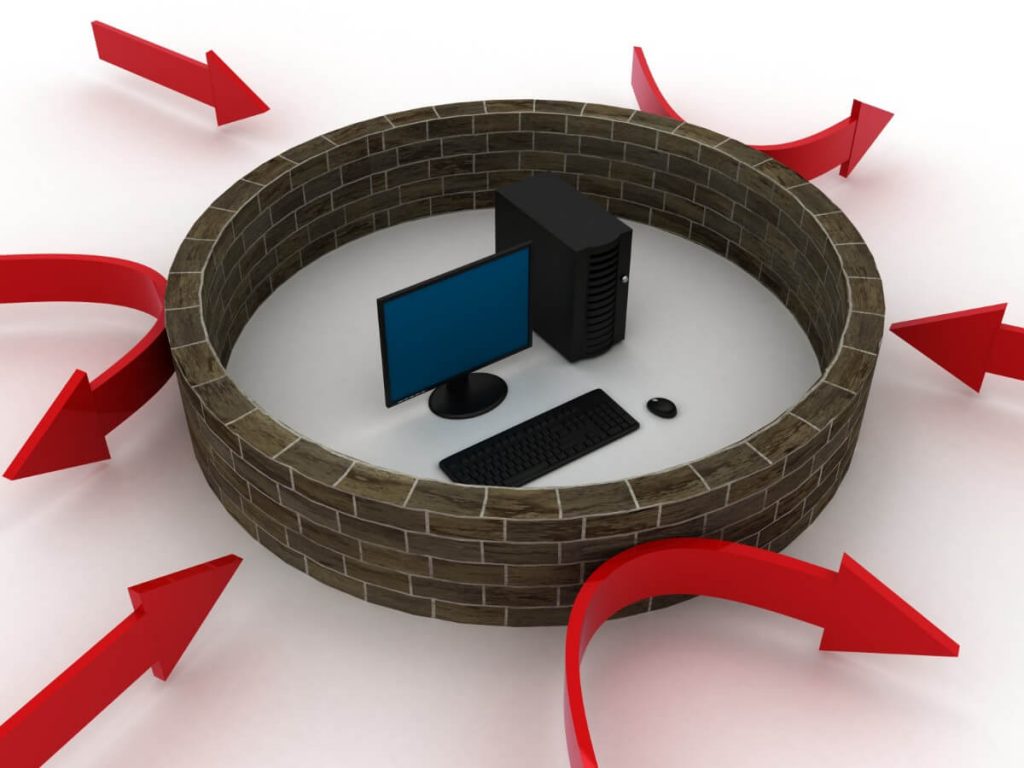Why should you back up and what is available?
IT professionals see cases of data being accidentally deleted, getting corrupted, storage equipment failing, equipment theft, virus infections and so on a daily basis.
It is absolutely essential for every business to form and maintain some type of backup of their data and have enough redundancies in place to allow business continuity.
There are a large number of programs available to help businesses with backing up essential or general information. Some of the more common software used on server or network environments are:
- Windows internal ntbackup utility
- CA ArcServe for servers
- Symantec BackupExec for servers
- Acronis for Servers
Other common types of Backup hardware and Redundancies for information include:
- External Hard Drives, swapped on a daily of weekly basis
- Tape Drives with daily, weekly, monthly tape rotation cycles
- Offsite synchronization of data to an external storage server
- Duplicate disks on storage devices and servers
- Duplicate Servers
What sort of protection is available for systems and network?
Protecting your Intellectual Property and data as a business is absolutely essential. There are a number of different levels of protection that your business can apply to an IT environment depending on exposure to the Internet and how well they want to be protected.
Firewalls
Usually, the first point of defense is what’s known as a firewall. The firewall sits between your internet connection and your internal network. Using a Business Grade firewall properly that is configured to your system by an IT expert is the first point of defense.
What a firewall can do is stop an intruder from accessing an internal network and hacking into the Computer Systems and Servers through the internet.
Almost every business will allow certain traffic to pass through their firewall in order to perform a variety of daily tasks. For example, most companies will allow internet access but they may block employees from accessing Facebook, MSN Live or other prohibitive websites.
Email acceptance is also something that most companies will allow, but they want to make sure that no viruses, huge attachments or spam come through the Firewall or their dedicated Mail Filter.
Other common types of protection
- Firewalls such as Cisco, Snapgear, SonicWall
- Web Filters
- Email Filters such as Mailscanner, TrendMicro, Norton, Kaspersky
- Anti-viruses products
Experts in the industry can help you setup those services depending on the level of protection a business would like to implement.
